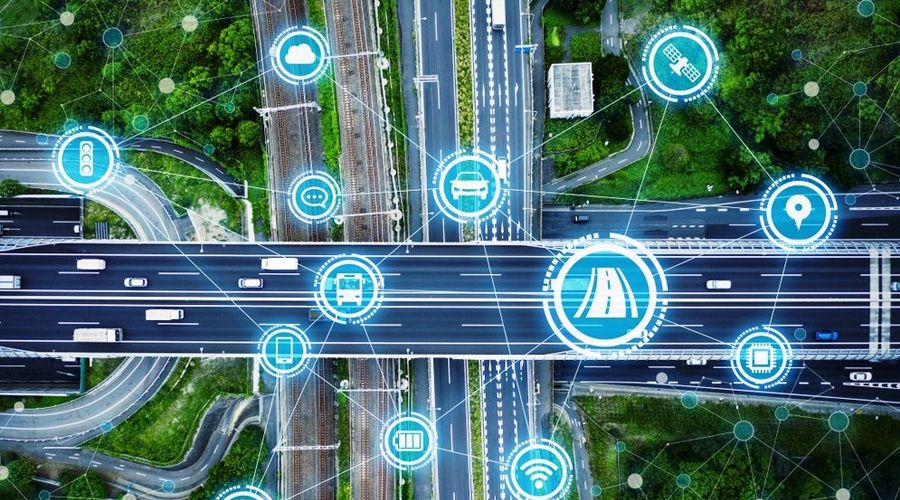Digitalization's Impact on the Sustainability of the Freight Forwarding Industry
Will big data be the key to reducing CO2 emissions in the freight forwarding industry?

Topic
This master’s thesis investigates which specific factors of big data implementation in the freight forwarding industry are contributing to a lack of emphasis on ecological sustainability and what actions can be taken to make it a strategic priority. A previous paper hinted at there being too many hurdles for freight forwarders to implement big data universally [1]. Consequently, interviews with eight data and analytics consultants and managers from different sectors were held to find out how other industries have overcome the hurdles.
Relevance
As the awareness of sustainability is growing it is time that one of the largest CO2 emissions contributors namely the transportation and logistics sector [2] leverages big data technology to profit the environment. The industry is facing too many hurdles to adopting big data universally, as identified by a previous paper [1]. Therefore, this thesis aims to provide actionable suggestions gained from other industries' best practices to help freight forwarders in overcoming these hurdles.
Results
Other industries have had similar hurdles to the freight forwarding industry. All interviewees agreed that the most difficult hurdle to overcome during adoption was the resistance to change. The findings show that this barrier can be overcome by early involvement of the end user and being very clear about the advantages as well as taking the fear of losing one’s job and offering training, especially to employees with less digital affinity. The next hurdles to address are technical issues such as data quality followed by organizational challenges.
Implications for practitioners
The following steps need to be taken by freight forwarders to make ecological sustainability a strategic priority through the use of big data analytics:
1. Find methods for ecologically sustainable practices for the freight forwarding industry and turn them into a priority.
2. Losing the fear of being the first mover, as the tools and ideas for leveraging big data are available
3. It is recommended that freight forwarding companies start with eliminating the human challenges, especially the resistance to change by using the provided strategies for overcoming the hurdles and then focusing on technical challenges.
Methods
The objective was to find out how other industries have overcome the hurdles of big data adoption. Since there is little research on overcoming barriers to technology adoption, the grounded theory method was applied to investigate these strategies. For this thesis, eight explorative and in-depth interviews with data and analytics consultants and managers from different sectors were conducted and analyzed. The interview codes were consolidated into themes. The themes were assigned to one of the four dimensions (technical, organizational, environmental, human) of the TOE and HOT-fit frameworks which were merged to present the findings in a structured format.
Sources
[1] Brand, T., Hälg, J., Palumbo, D. & Rüeger, L. (2023). Digitalization as an Enabler of Sustainability.
[2] Carbon Care. (n.d.). Transport and logistics in the fight against climate change—Free CO2 calculator. Retrieved June 13, 2023, from https://www.carboncare.org/en/climate-change.html
